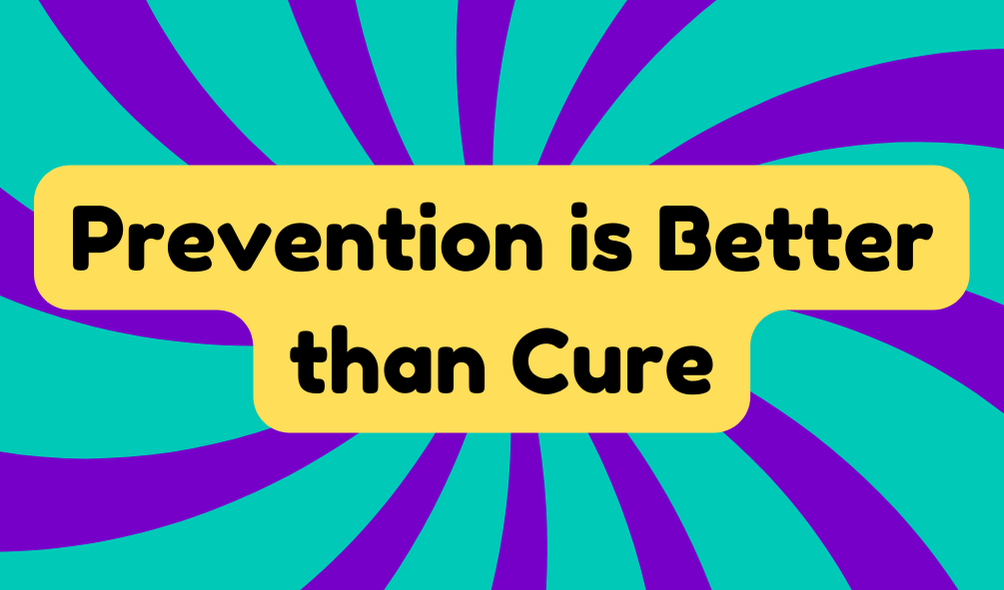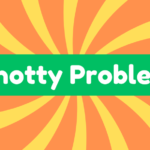When it comes to health, you can't underestimate the saying "prevention is better than cure." Taking proactive steps can save you time and money in the long run. For instance, getting vaccinated or practicing good hygiene helps avoid costly treatments later. History shows that addressing problems early leads to better outcomes and healthier lives. It's not just about avoiding illness; it's also about building a more informed community. While many still overlook preventive measures, investing in them is essential. If you're curious about how to implement these strategies effectively, there's a lot more to explore.
Synonyms
When discussing the adage "Prevention Is Better Than Cure," it's helpful to contemplate its synonyms that capture the essence of proactive measures. Here are a few phrases that resonate with the importance of prevention:
- Stopping problems before they start
- Preventive strategies are essential
- Prioritizing foresight over hindsight
- Averting crises with proactive measures
These terms underscore the notion that taking steps now is often easier than fixing issues later. In today's fast-paced world, it's imperative to embrace these proactive measures. Think about how much more effective avoiding problems can be than dealing with their fallout. Yet, many still underestimate the value of preventive strategies, which can save time, money, and even lives. It's time to shift your perspective and act before issues arise.
Example of Sentences
Recognizing the synonyms that highlight the importance of proactive measures can help you appreciate how prevention applies in real life. Here are a few examples:
- Keeping vaccinations up-to-date showcases the value of preventive strategies.
- Hand washing during a pandemic illustrates essential health awareness.
- Avoiding sick individuals exemplifies the essence of preventive behavior.
- Surviving patients often credit preventive measures for their resilience.
These sentences reflect how taking action before a problem arises is vital. It's not just about reacting; it's about anticipating issues and making smart choices. If we neglect preventive strategies, we might find ourselves facing consequences that could have been avoided. Embracing this mindset can lead to healthier, more fulfilled lives, and it takes a community effort to prioritize prevention effectively.
Origin
The concept of prevention dates back to the 17th century, emphasizing the value of addressing potential problems before they escalate. In a historical context, this notion has been pivotal in shaping preventative health measures. Early thinkers recognized that tackling issues at their roots would yield greater benefits than merely reacting to crises. The Latin roots of this philosophy highlight the importance of timeliness in facing challenges. Fast forward to today, and you see that the principles behind preventative health remain influential, especially illustrated by the UK's Department of Health. The proactive strategies adopted during the 2020 pandemic reinforced this idea. While society may lag in embracing preventive measures, understanding their origin is essential for fostering a healthier future.
Collocations
Understanding the origins of prevention helps to appreciate its practical applications, particularly in language. Collocations are key in making your communication more effective and natural. Using the right combinations of words can elevate your message. Consider these essential collocations:
- Preventive strategies
- Proactive measures
- Avoid potential issues
- Mitigate risks
You'll find that blending these terms not only enriches your vocabulary but also reflects a mindset geared toward innovation. However, be cautious: sometimes, relying solely on jargon can create confusion. Aim for clarity and guarantee your audience understands your intention. Emphasizing preventive strategies in your language can pivot discussions away from reactionary standpoints, fostering a culture where proactive measures become the norm. Ultimately, clarity paves the way for effective prevention.
How to Use in Everyday Language
In everyday language, incorporating the principle of prevention can transform your approach to communication and decision-making. You might think it's easier to react to problems, but preventive measures can save you time and energy in the long run. Consider how you can apply this mindset in daily situations. For instance, avoiding negative confrontations by addressing issues before they escalate is an everyday application of prevention. It's important to recognize that prevention isn't just for health; it applies to relationships and work, too. By focusing on preventive measures, you can foster healthier interactions and more productive outcomes. Embrace this mindset and watch your communication skills and decision-making processes flourish, enabling you to sidestep potential pitfalls effectively.
Why Is It Still Relevant Today?
With ongoing global challenges, the principle of prevention remains as relevant today as ever. You see, investing in health education and enhancing disease awareness can save lives and resources. By focusing on preventive measures, you can tackle potential threats before they escalate. It's easier to create informed communities than to manage crises that arise from ignorance. Sadly, many still overlook this proactive approach, waiting until problems worsen. When you prioritize prevention, you empower yourself and others to recognize dangers early, reducing illness and financial strain on healthcare systems. In today's fast-paced world, adapting this principle innovatively is essential. Don't just react; embrace the preventive mindset and foster a healthier society for everyone. The time for change is now.







